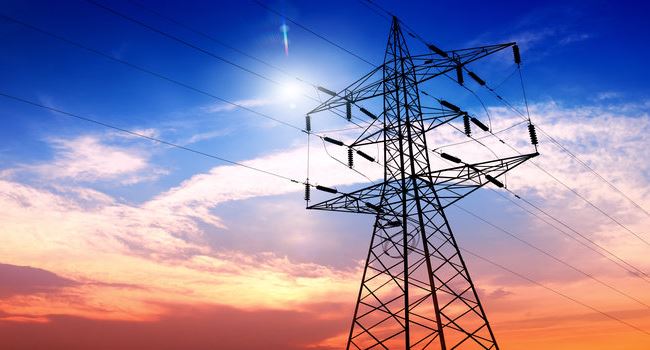Business
Nigerian govt connects new 60MW hydropower plant to national grid

Nigeria’s hydropower plants have been increased to four after the connection of a new plant to the national grid.
Situated in Gombe State, the Dadin Kowa Hydropower plant has a 60 megawatts (mw) installed generation capacity, figures from the Nigerian Electricity System Operator (NESO) revealed on Sunday.
The new hydropower plant began contributing electricity to the national grid on Friday with a generation of 30mw as of 6am on the same day. The figure had risen to 30.65mw by 6am on Sunday.
Nigeria generates the bulk of its electricity from gas-fired power plants, with hydropower plants contributing around 30 per cent of total generation. Kainji, Jebba and Shiroro are other hydropower plants.
Read also: Zungeru hydropower plant to start operation 2019 – Fashola
The total power generation in Africa’s most populous country, where around 206 million people live, was 4,482.55mw on Sunday compared to the 4,658.90mw recorded on Saturday.
Perennial power shortages have caused massive losses to business, with the World Bank putting the value of the cumulative loss at $28 billion (about N10.661 trillion) – 2% of Nigeria’s gross domestic product – in June.
Gas constraints and poor electricity demand from distribution companies caused a total of 1,915.8mw unused as of 6am on Sunday relative to 1,716.6mw on Saturday, data from NESO showed.
Six of Nigeria’s 29 power plants were not generating power s of 6am on Sunday.
Join the conversation
Support Ripples Nigeria, hold up solutions journalism
Balanced, fearless journalism driven by data comes at huge financial costs.
As a media platform, we hold leadership accountable and will not trade the right to press freedom and free speech for a piece of cake.
If you like what we do, and are ready to uphold solutions journalism, kindly donate to the Ripples Nigeria cause.
Your support would help to ensure that citizens and institutions continue to have free access to credible and reliable information for societal development.






















